BCB defends decision to schedule series in monsoon months
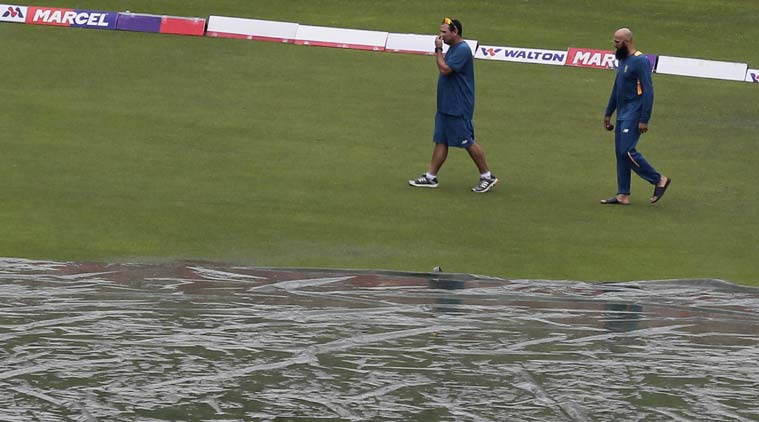 South African captain Hashim Amla said he was frustrated at being part of what he called a “bizarre” series. (Source: AP)
South African captain Hashim Amla said he was frustrated at being part of what he called a “bizarre” series. (Source: AP)
Bangladesh’s cricket chiefs on Monday defended the decision to host South Africa’s Test series in the monsoon months of July and August, saying no other dates were available.
The two-Test series ended in an inevitable 0-0 draw after the last two days of the first match in Chittagong were washed out and four out of five days’ play in the second game in Dhaka were lost to bad weather.
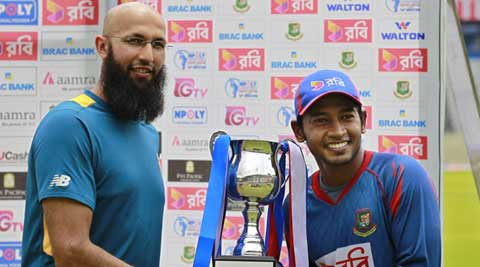 With four days' play washed out due to rain, Bangladesh-South Africa Test ends in draw
With four days' play washed out due to rain, Bangladesh-South Africa Test ends in draw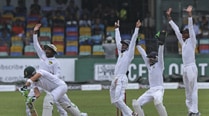 South Africa survive in Colombo, win series 1-0
South Africa survive in Colombo, win series 1-0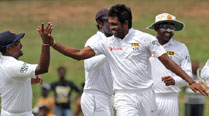 Dilruwan Perera's five-for puts Sri Lanka on top against South Africa
Dilruwan Perera's five-for puts Sri Lanka on top against South Africa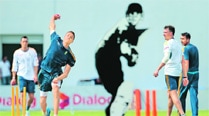 Sense of an ending
Sense of an ending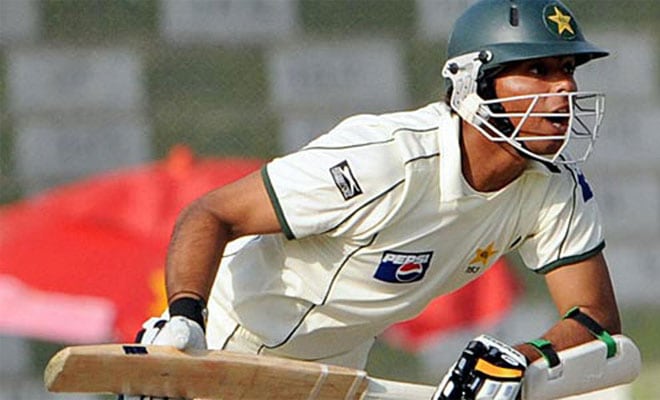 Khurram Manzoor scores maiden ton as Pakistan take control
Khurram Manzoor scores maiden ton as Pakistan take control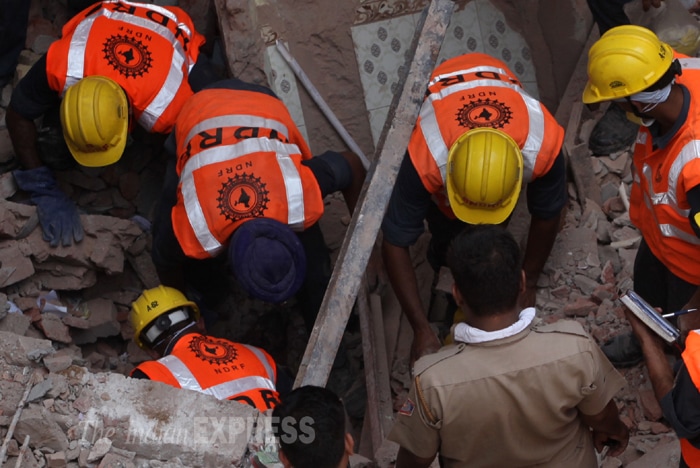 In Abu Dhabi,a gulf between Hashim Amla and rest
In Abu Dhabi,a gulf between Hashim Amla and rest
South African captain Hashim Amla said he was frustrated at being part of what he called a “bizarre” series.
“This is one of the most bizarre Test series I have been involved in,” the usually unflappable Amla said. “I don’t think I have played a series where out of 10 days, six days have been rained off.”
The monsoon season, which usually starts in mid-June, accounts for 80 per cent of the country’s annual rainfall.
Last year the Bangladesh Meteorological Department recorded over 45,000 millimetres (1,771 inches) of rain across the country from June to August.
Unfortunately, the Dhaka Test also coincided with cyclonic storm Komen in the Bay of Bengal, which made landfall on the country’s east coast on Friday and brought heavy rain.
A one-off Test against India in Chittagong in June was also abandoned after rain washed out nearly nine of the 15 sessions of play.
Bangladesh Cricket Board CEO Nizamuddin Chowdhury said the tight international schedule of both India and South Africa forced his board to hold Test series for the first time during the monsoons.
“This was the only available slot we got from the South African board,” Chowdhury told AFP. “We had communicated to them the rain factor. But there was no alternative.
“If we did not host them now, we would have had to wait till 2023.”
As for India, Chowdhury added that arranging to host them was the toughest job for any country.
“We all know how busy the Indian team is,” he said. “So we had no choice but to play them in June.”
Bangladesh’s Test captain Mushfiqur Rahim appealed to teams to visit his country between October and May.
“We always want to play the big teams during our cricket season,” he said. “But they are usually busy then.
“The more we play them, the more we will learn.” Fans will be relieved that Australia’s two Test matches in Bangladesh this year will be held in relatively rain-free October.
The two washed-out Tests against South Africa meant a revision in points that determine official rankings, although the rankings themselves remained unchanged.
Top-ranked South Africa dropped five points, closing the gap with other contenders. Bangladesh gained six points but continued to languish in ninth place, just above Zimbabwe.
Luckily, the weather did not have the final say in the one-day series, where Bangladesh defeated both India and South Africa by 2-1 margins to enhance their growing reputation in the shorter formats.
When the final day’s play at the Sher-e-Bangla stadium was called off on Monday morning, the sun was shining brightly but the outfield was too wet from the earlier drenching to start play.
Play was possible only on the first day of the match when Bangladesh, who won the toss and elected to bat, scored 246 for eight.
The lone bright spot in the match was fast bowler Dale Steyn becoming only the second South African after Shaun Pollock to claim 400 Test wickets.





